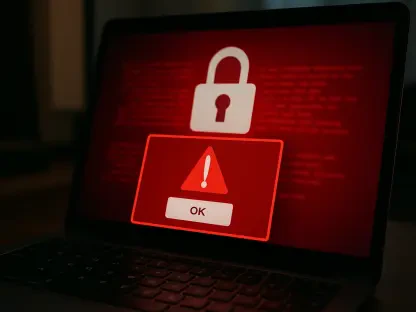In a digital era where privacy often feels like a relic of the past, the revelation that Immigration and Customs Enforcement (ICE) is utilizing a powerful spyware tool known as Graphite, developed by the Israeli company Paragon Solutions, has ignited fierce debate among U.S. lawmakers and civil rights advocates. This sophisticated software, capable of infiltrating mobile devices without user consent, has raised alarm bells over potential violations of constitutional protections. Representatives Summer Lee (D-Pa.), Shontel Brown (D-Ohio), and Yassamin Ansari (D-Ariz.) recently penned a pointed letter to Homeland Security Secretary Kristi Noem, demanding clarity on ICE’s contract with Paragon and the specifics of how this invasive technology is being deployed in immigration enforcement. The core concern lies in whether such surveillance oversteps legal boundaries and targets vulnerable communities disproportionately. As the capabilities of Graphite come under scrutiny, the tension between national security imperatives and individual freedoms has never been more palpable, prompting urgent calls for transparency and accountability.
Scrutinizing the Legal and Ethical Boundaries
The capabilities of Graphite spyware are as impressive as they are unsettling, with the ability to access encrypted apps, extract personal data like messages and location information, and even operate through “zero-click” exploits that require no user interaction to breach a device. Lawmakers have expressed deep concern that ICE’s use of this tool may violate Fourth Amendment protections against warrantless searches, especially in light of Supreme Court rulings that mandate warrants for accessing cell phone data. Beyond legal questions, there are ethical dilemmas tied to Paragon’s history, as its software has reportedly been used to monitor journalists and activists globally, casting doubt on claims of built-in safeguards. The representatives also highlighted the risk of Graphite being wielded to target immigrants, people of color, and critics of ICE, particularly under an administration accused of prioritizing mass deportation over constitutional rights. Their demand for detailed records from the Department of Homeland Security reflects a broader mistrust in how such powerful surveillance might be abused, underscoring the need for rigorous oversight to balance security with civil liberties.









